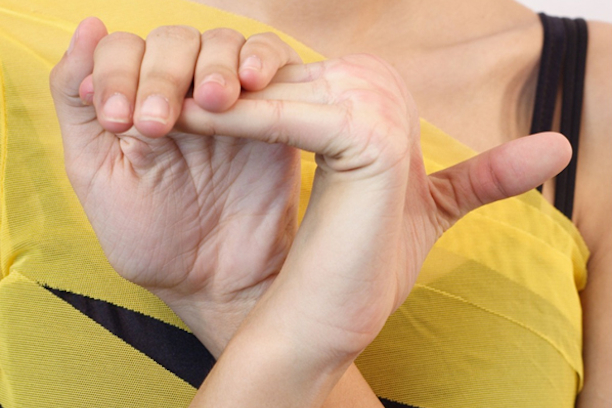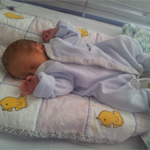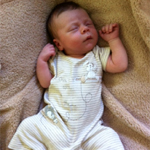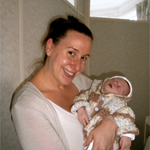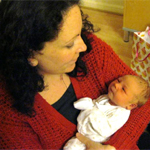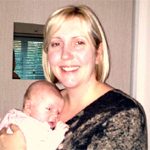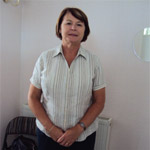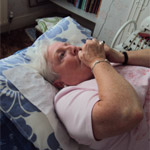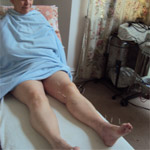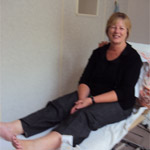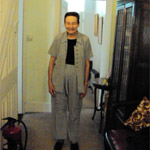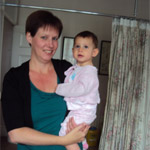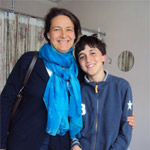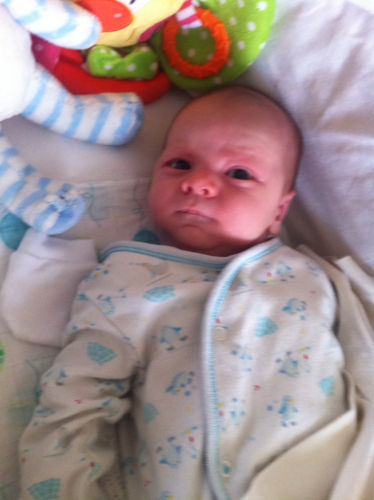Hypermobility – the trouble with being double jointed
It is estimated that 10%-15% of children have hypermobile joints or joints that can move beyond the normal range of motion. People with this issue are often referred to as being “double jointed.” And whilst this may sound impressive, it can actually come with some painful side-effects.
I’ve recently been treating a wonderful 12-year-old footballer who has been struggling with knee problems as a result of hypermobility. I’ve seen him four times and, in addition to Osteopathy and Acupuncture, I’ve prescribed a series of exercise to help strengthen the joints.
So, what causes joint hypermobility?
Joint hypermobility is often hereditary, with one of the main causes thought to be genetically determined by changes to a type of protein in the body called collagen.
Collagen is found throughout the body – in the skin, muscles, ligaments, tendons, blood vessels and discs in the spine. When it is weaker than it should be, it can cause the tissues in the body to become fragile, which in turn can make ligaments and joints loose and stretchy. And therefore able to extend further than usual.
What are the symptoms?
Some of the most common symptoms of joint hypermobility, include:
- Pain in the joints at the end of the day and after physical activity
- Clicking joints
- Bruises easily
- Stretch marks or scarring of the skin
- Recurrent strains or sprains
- Digestive problems such as irritable bowel or constipation
- Dizziness and fainting
- Back and neck pain
- Fatigue
- Night pains which disrupt sleep
- Poor Co-ordination
What can I do to alleviate the pain?
There are some self-help measures for joint hypermobility and these include:
- maintaining a healthy diet and weight; this will help improve joint strength and reduce the strain on them
- staying active, but sticking to low impact exercises such as swimming or cycling to reduce strain on joints
- wearing comfortable and supportive footwear to support ankles
- applying heat – such as a hot water bottle or heat-rub cream – to soothe sore joints
Hypermobile patients can be treated effectively by Osteopaths with the emphasis being on encouraging the development of core strength and the increased stability of their muscles and joints through exercise.
If you, or someone you know, suffer from any of the symptoms listed above then why not book an appointment at either my Bromley or Orpington Practice?

